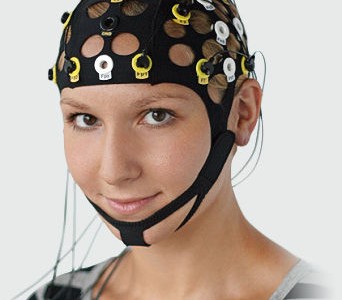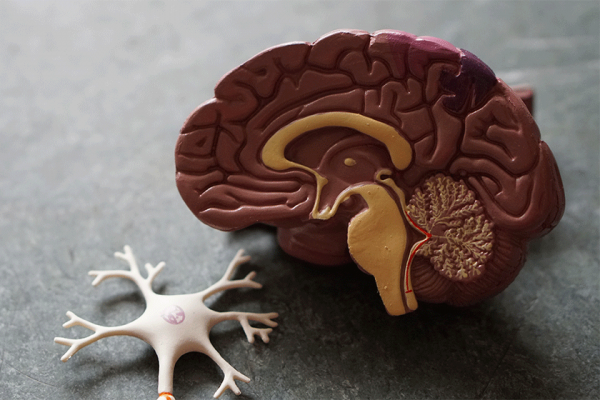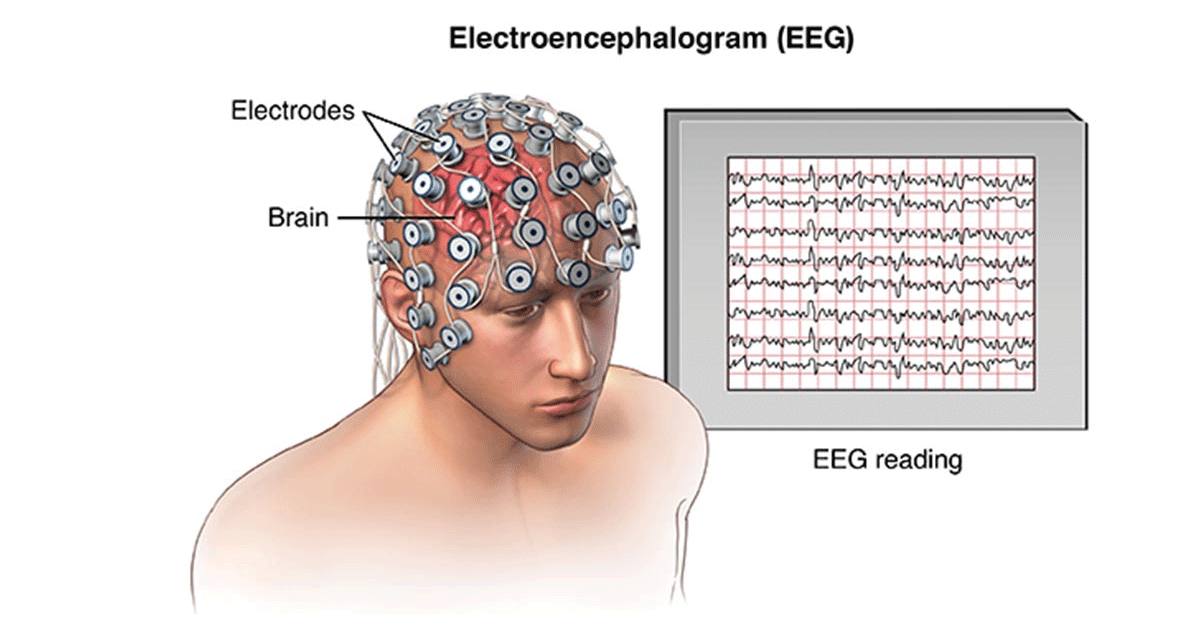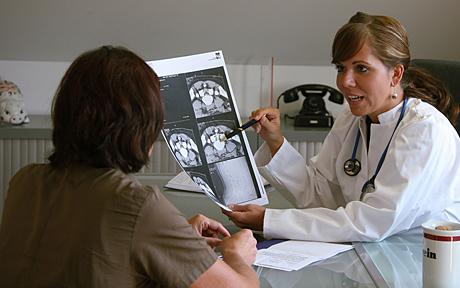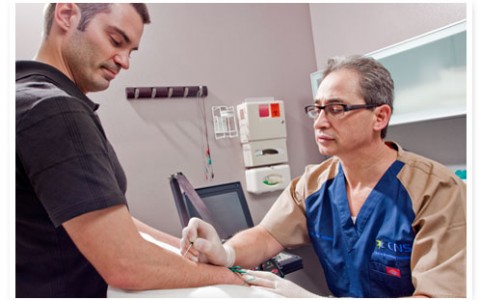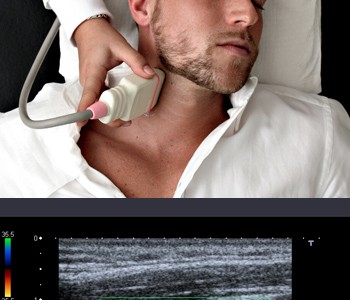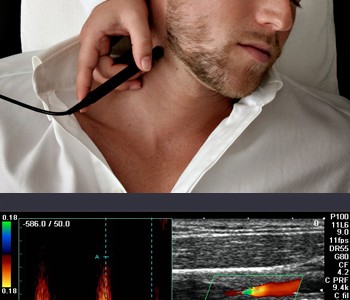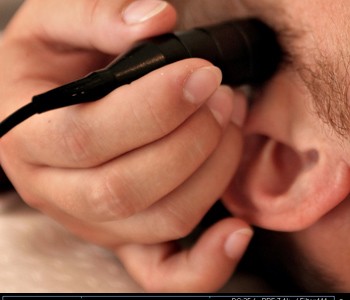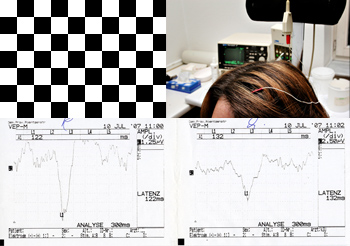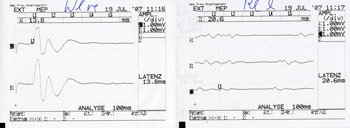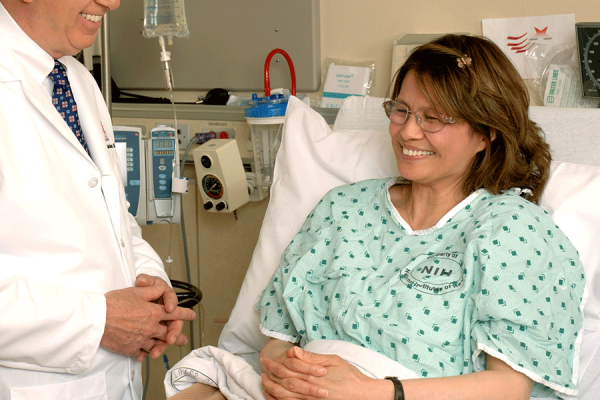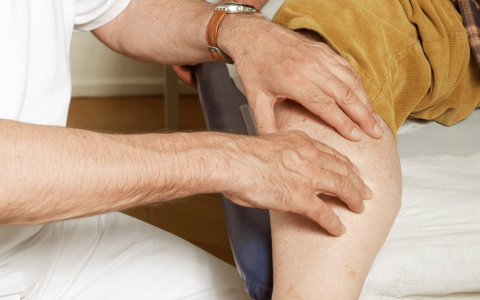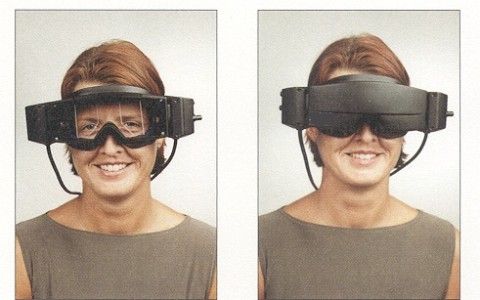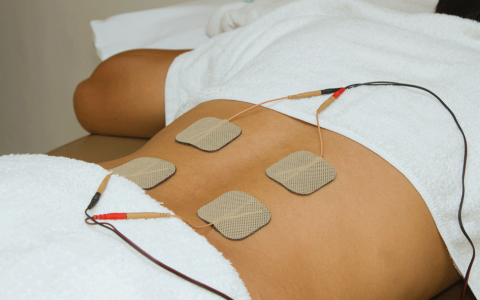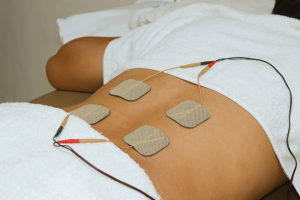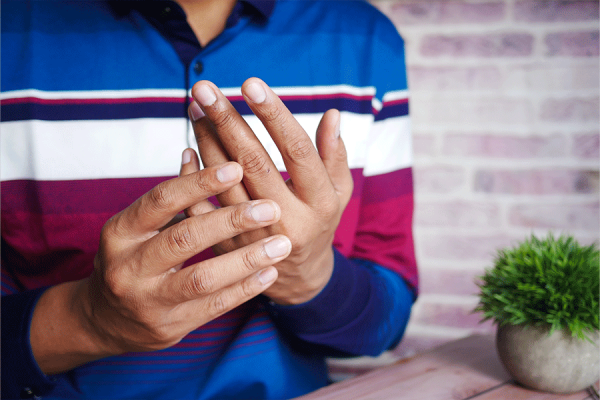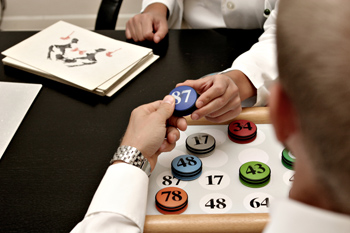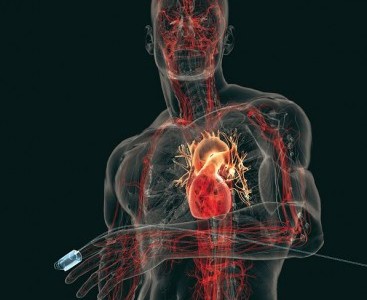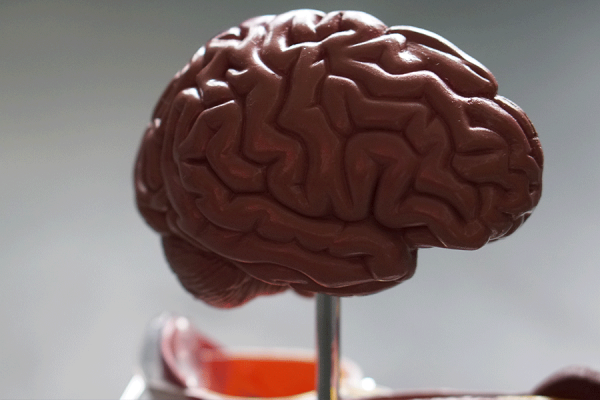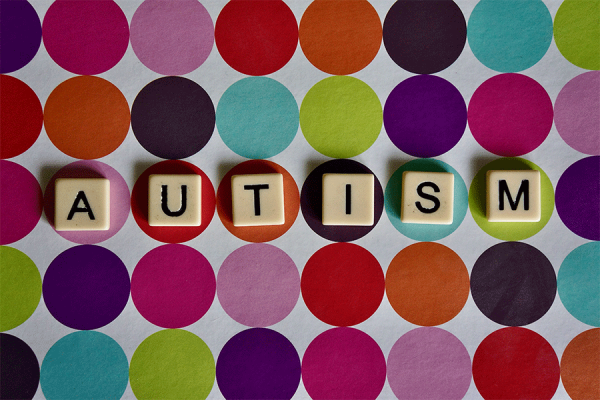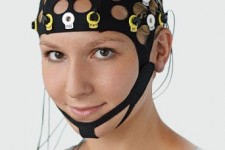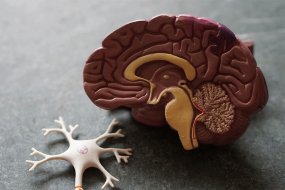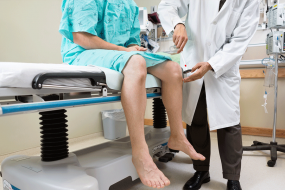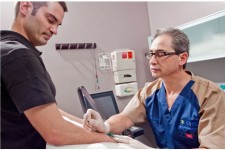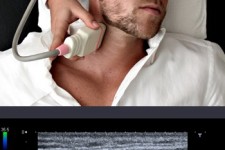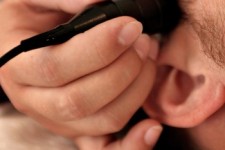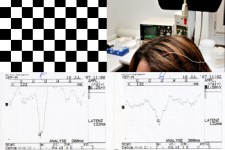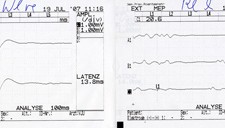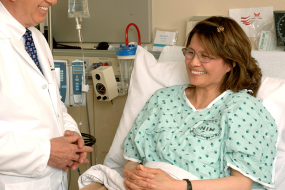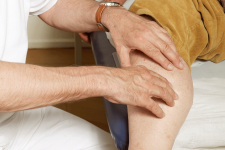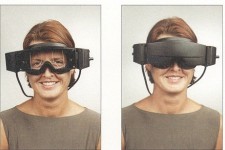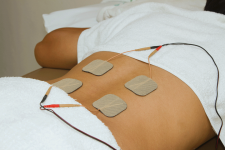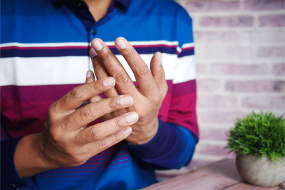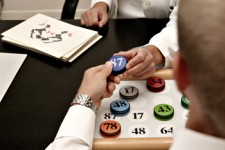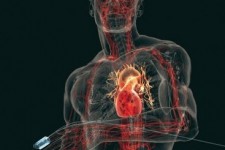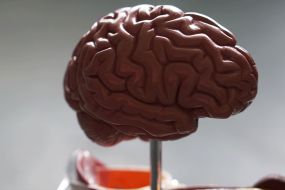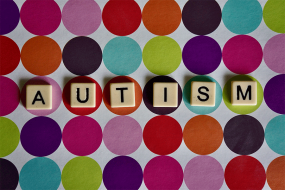We provide couples and marriage counseling in Dubai. Our team of highly experienced counselors are committed to helping you navigate the complexities of relationships and marriages, providing support and guidance throughout the process. We understand that there is no one-size-fits-all approach to relationship counseling, so we tailor our services to best meet your individual needs. Our counselors will work with you to discuss any issues that may be impacting your relationship, such as communication, trust, parenting styles and boundaries. We also provide support to individuals struggling with emotions such as anger, sadness or anxiety. Our goal is to foster healthy relationships and marriages by helping you identify the underlying issues and finding productive solutions. If you’re looking for couples counseling or marriage counseling in Dubai, please contact us today. Let us help you work through the challenges and restore your relationships.
We're here to help create a safe space for you to express yourself and to find meaningful solutions that can improve your relationship and lead to a more fulfilling life together. Our counselors are warm, non-judgmental and understanding. We strive to provide you with a confidential, supportive environment so that you can talk openly about your concerns without fear of criticism or judgement. At GNC Dubai, we understand the importance of trust in any relationship and will do our best to help ensure that it remains intact throughout the counseling journey. We believe that all relationships are worth saving and we are committed to helping you find the tools and strategies needed to make your relationship stronger. Contact us today to start your journey towards a more positive, fulfilling relationship. Together, we can work to create a strong foundation for lasting love. Let’s get started!
Couple & marriage Counseling, is a rapidly growing field in Dubai. As more and more couples seek help to improve their relationships and overcome the challenges of modern life, marriage Counseling in Dubai has become an important resource for couples looking to strengthen their bond.
Whether you are dealing with communication issues, infidelity, financial stress, or simply feeling disconnected from your partner, couples therapy can provide a safe and supportive environment to help you work through your problems and build a stronger, healthier relationship.
We provide couple counseling in Dubai. Our team of highly experienced counselors are committed to helping you navigate the complexities of relationships and marriages, providing support and guidance throughout the process.
Our Approach to Relationship Counseling
We understand that there is no one-size-fits-all approach to relationship counseling, so we tailor our services to best meet your individual needs. Our counselors will work with you to discuss any issues that may be impacting your relationship, such as communication, trust, parenting styles and boundaries.
We also provide support to individuals struggling with emotions such as anger, sadness or anxiety. Our goal is to foster healthy relationships and marriages by helping you identify the underlying issues and finding productive solutions.
At GNC Dubai, we understand the importance of trust in any relationship and will do our best to help ensure that it remains intact throughout the counseling journey.
If you’re looking for marriage counseling in Dubai, please contact us today. Let us help you work through the challenges and restore your relationships.
Benefits of Marriage Counseling in Dubai
One of the key benefits of couple and marriage Counseling is that it is completely confidential. This means that you can discuss your problems and feelings freely and openly, without fear of judgment or criticism. This is especially important for couples who may be dealing with sensitive or difficult issues, such as infidelity or abuse.
Another important benefit of couples therapy is that it can help couples to learn new communication and problem-solving skills. Many couples find that they have difficulty expressing their feelings or understanding each other's perspectives, and the therapy can help them to develop more effective ways of communicating.
This can include learning how to listen actively, how to express feelings in a healthy way, and how to compromise and negotiate when there is a disagreement.
Couple Counseling can also help couples to identify and address the underlying issues that may be causing problems in their relationship. For example, if a couple is struggling with financial stress, a therapist may help them to identify the root cause of the problem and develop a plan to address it.
Similarly, if a couple is experiencing infidelity, a therapist may help them to understand why it happened and how to prevent it from happening again in the future.
For couples who are dealing with more serious problems, such as abuse or addiction, Couples therapy can provide a safe and supportive environment to help them work through these issues.
A therapist can help couples to understand the dynamics of the abuse and how to stay safe, as well as how to work through the trauma and develop a plan to move forward.
Is Marriage Counseling Right For You?
It is important to note that marriage Counseling is not just for couples who are experiencing problems or conflicts. It is also beneficial for couples who want to improve their relationship and strengthen their bond. Regular relationship Counseling sessions can help couples to prevent problems from developing and ensure that they are on the same page when it comes to their goals, values, and expectations.
It can also be helpful for couples who are going through major life changes, such as having a baby, buying a house, or dealing with the loss of a loved one. These changes can put a lot of stress on a relationship and a couples counselor can help navigate through these difficult times.
Alternative Approaches in Dubai
In addition to traditional Relationship Counseling, there are also a number of alternative approaches in Dubai. For example, some therapists may use mindfulness or meditation techniques to help couples develop greater awareness of their thoughts and feelings. Others may use art or music therapy to help couples express themselves in new ways.
Finding the Right Therapist
Ultimately, the key to a successful couples therapy in Dubai is finding the right therapist for you and your partner. A good therapist will be someone who is experienced, compassionate, and non-judgmental, and who is able to help you work through your problems in a way that feels comfortable and supportive.
If you are considering therapy for your relationship, it is important to do your research and find a therapist who is well-suited to your needs. You can start by asking friends or family members for recommendations, or by looking online for reviews and ratings of different therapists in your area.
Dr. Letizia Cardelli – Marriage Counselor in Dubai
Dr. Letizia is an Italian Board Certified Psychologist and specialized in systemic marriage and couple counselling. Systemic marriage and couple counselling is a type of therapy that focuses on the relationship dynamics between partners, rather than individual problems. The therapist aims to help couples understand how they interact with each other and how their behavior affects the relationship. By exploring these patterns of behavior and communication, the couple can gain insight into what needs to change for their relationship to thrive.
One of the key benefits of systemic marriage and couple counselling is that it can help couples to resolve conflicts in a safe and supportive environment. Through the guidance of the therapist, couples can learn new ways of communicating and find effective solutions to their problems. This can lead to a stronger, more stable relationship and a more fulfilling life for both partners.
Another benefit of systemic marriage and couple counselling is that it can help to prevent the breakdown of relationships. By addressing problems early on, couples can avoid the negative impact that can come from unresolved conflicts and misunderstandings. This can help to preserve the love and commitment that brought the couple together in the first place.
Dr. Kennon Rider – Marriage Counselor in Dubai
Dr. Kennon Rider is a licensed Marriage and Family Therapist. Trained in the United States, he received both his Master of Science Degree (MS in Family Relations) and his Doctorate (Ph.D.in Human Development and Family Studies with specialization in Marriage and Family Therapy) from Texas Tech University, College of Human Sciences.
For over twenty-five years Dr. Rider has been actively working toward strengthening marriages and families through therapy and education. Through his therapy practice he has treated individuals, couples and families who sought help primarily with relationship issues.
As a University Professor at Texas Tech, California State University – Fresno, Michigan State University Dubai, and currently at Zayed University in Dubai his teaching has included such courses as Children and Families in Crisis, Family Relations, Lifespan Human Development, Parenting, Child Development, Family Resource Management, Interpersonal Skills as well as Human Sexuality.
As a Certified Family Life Educator (sanctioned by the National Council of Family Relations in the U.S.) Dr. Rider engages in seminar and workshop training for issues such as grief and loss, crisis management, depression, anxiety, communication, stress and anger management, conflict resolution, and other marital and family issues. He trains other professional psychotherapists in couples treatment methods.
In addition to his experience with teaching and therapy, Dr. Rider can assist organizations with Critical Incident Stress Management when traumatic events put their employees at risk.
Schedule your Appointment
GNC Dubai is here to help you navigate the many challenges that can arise in a marriage or relationship. Our highly experienced team of counselors understand the unique dynamics between two people and how they can affect your overall happiness. We believe in using evidence-based techniques to empower couples with the tools needed for healthy, lasting relationships.
Our team is passionate about helping couples navigate through conflict, find new ways to communicate and build a strong foundation for their future. We provide individualized guidance tailored to each couple's specific needs, allowing us to identify key areas of concern and develop strategies for better understanding and growth.
For over 18 years the German Neuroscience Center is the leading clinic for all aspects of Psychology including couple Counseling. Book your appointment now to find the help you are searching for.
Conclusion
In conclusion, Couple Counseling and Marriage Counseling in Dubai is a powerful tool for helping couples to overcome the challenges of modern life and build stronger, healthier relationships. Whether you are struggling with
- communication issues,
- infidelity,
- financial stress,
- or simply feeling disconnected from your partner,
It can provide a safe and supportive environment to help you work through your problems and build a stronger, healthier relationship. So, if you are looking to improve your relationship, consider couples Counseling and in Dubai.
In Dubai, Couples Therapy services are offered by a variety of professionals, including psychologists, social workers, and licensed therapists. They may work in private practice, hospitals, or community clinics, and offer both in-person and online sessions.
GNC Dubai is here to help you navigate the many challenges that can arise in a marriage or relationship. Our highly experienced team of counselors understand the unique dynamics between two people and how they can affect your overall happiness. We believe in using evidence-based techniques to empower couples with the tools needed for healthy, lasting relationships. Our team is passionate about helping couples navigate through conflict, find new ways to communicate and build a strong foundation for their future. We provide individualized guidance tailored to each couple's specific needs, allowing us to identify key areas of concern and develop strategies for better understanding and growth. Our experienced counselors are here to listen, support, and work with you on a plan to help you get the most out of your relationship. Contact us today and discover how we can help you find a lasting and fulfilling relationship.

